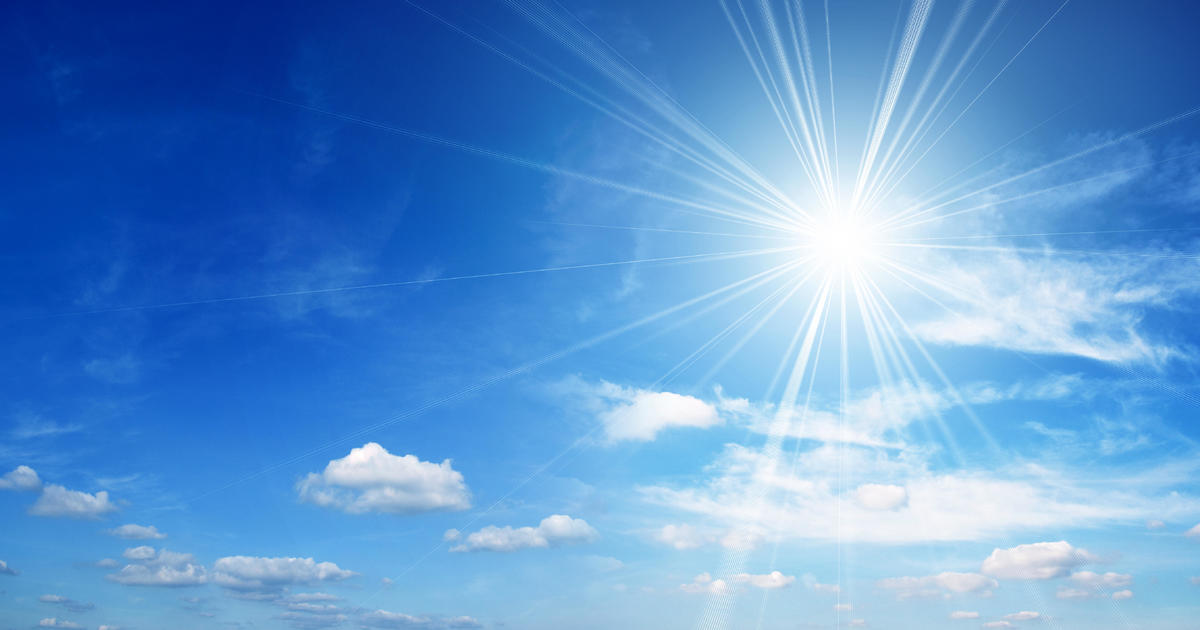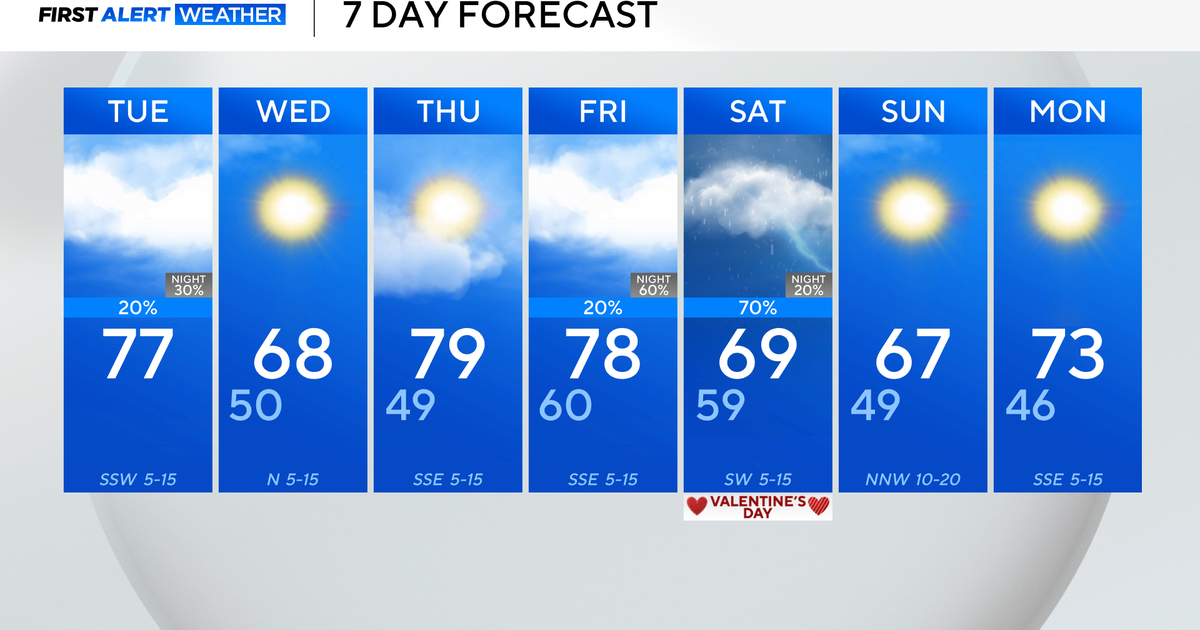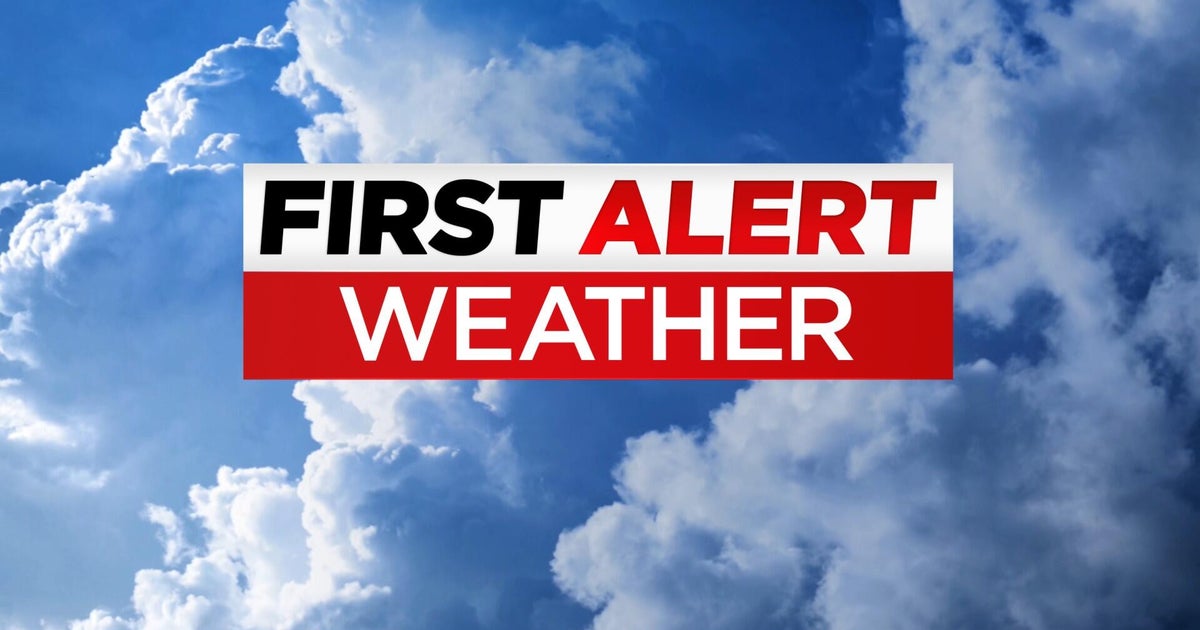Allergic To North Texas? Here's Why
Follow CBSDFW.COM: Facebook | Twitter
FORT WORTH (CBSDFW.COM) - "The big thing is my eyes. My eyes itch and itch," Heather Haupt told CBS 11 News.
When she moved to Texas three years ago, the Arizona native didn't know what hit her.
"May is my month," she said. Her allergies flare up just around this time. "Scratching at my eyes and just miserable," she said. "I was trying out all-natural remedies until finally, getting to a point and going to the pharmacist going, 'Give me the strongest thing you have.'"
North Texas plants pollinate year-round, and the mild weather doesn't help. Warmer weather means more pollen. Trees, plants and grass all pollinate at different times of the year, making the area very unique.
"Grass pollen will start to pollinate in April and May, and that is what is coming out right now," said Dr. Marie Fitzgerald with Family Allergy and Asthma Care. She said that DFW is right on the border between the geographical locations of West Texas and East Texas.
A Texas Parks and Wildlife map showing vegetation areas in Texas shows the two regions, the Black Land Prairie and the Cross Timbers Prairie, with distinctly different vegetaions merging right near the east and west counties in North Texas.
It has a direct role in severity and the length of allergy season, because trees start pollinating earlier, increasing pollen count.
Speaking of pollen count, Dr. Fitzgerald runs one of the two pollen counting stations for the National Allergy Bureau in Flower Mound.
The Burkhart Spore Trap is an odd-looking contraption that looks like an alien machine with a weather vane that collects pollen. Each week Dr. Fitzgerald and her team test collected samples. The data is then posted on the National Allergy Bureau's website.
"It captures a lot of things... pollen, dust, sometimes insects," Todd Spiegener, a certified pollen collector, told CBS 11 News.
The pollen count helps doctors understand how they should treat patients. Dr. Fitzgerald said that the grass pollen is at its peak right now, and ragweed season is next. Doctors said that sinus rinsing, nightly showers and keeping doors and windows closed should help keep your allergy symptoms at bay.
Meanwhile, Haupt has tried everything from medication, face masks, essential oils and sinus rinsing.
But, for her, May is still a hard month.







